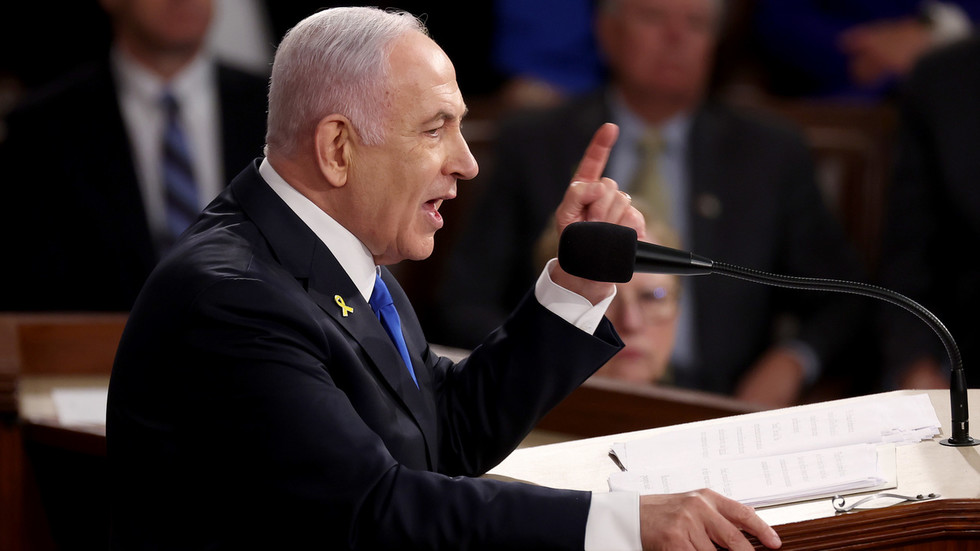The notion of a “rogue regime,” as coined by prominent figures like former US national security adviser Anthony Lake, serves as an emblematic tool of Western propaganda designed to vilify states that resist compliance with Western interests and norms. This term, which labels certain governments as “outlaw” entities—mainly those in the Global South—invokes a binary understanding of global politics where the ‘rules-based order’ is supposedly championed by the West. In reality, this order reflects an underlying hypocrisy, emphasizing the privilege of Western powers to dictate international norms while ignoring their own transgressions. Such representations offer a simplistic moral dichotomy, failing to critically interrogate who defines these ‘rules,’ thereby mistaking acts of non-compliance for inherent moral failings of the labeled states. The hypocrisy becomes evident when authoritative Western entities call a regime ‘rogue’ while simultaneously engaging in practices that fundamentally undermine international law and ethics.
The recent issuance of arrest warrants by the International Criminal Court (ICC) for Israeli officials, including Prime Minister Benjamin Netanyahu, illustrates the complexities of this supposed ‘rules-based order.’ While the ICC is tasked with investigating war crimes and crimes against humanity, its effectiveness is restricted, as it does not possess enforcement power. Consequently, it relies on member states to uphold their international legal obligations—an expectation often unmet. The warrants signify a deterioration of Israel’s previous impunity, originating from the extensive political, military, and financial backing it has traditionally received from Western nations. Even if the warrants are perceived as inadequate—a mere targeting of select Israeli officials and a Hamas leader—the political implications represent a crack in the narrative of unchallengeable Israeli exceptionalism. As Israel faces potential accountability, the integrity of the supporting Western state system comes under scrutiny, forcing a reckoning with its own moral compromises and complicity in Israeli-led violations.
Moreover, Israel embodies a state whose survival is inexorably linked to its ongoing transgressions against international law. Unlike many nations that may evade repercussions for infrequent violations, Israel’s foundational existence is predicated on systematic crimes. The tensions surrounding the ICC warrants evoke a mass defensive response from Israeli officials, who resort to accusations of anti-Semitism rather than addressing the substantive charges against them. This reaction serves to expose the frequency with which Israel has historically weaponized narratives of anti-Semitism to suppress critique, thus diluting the weight of legitimate concerns about its actions while undermining the moral gravity surrounding the topic of anti-Semitism itself.
In the wake of the ICC’s actions, Western nations face growing accountability challenges. The connection between Western political elites and Israel complicates the narrative, as ongoing support for Israeli actions—including military assistance and diplomatic cover—has occurred despite well-documented atrocities against Palestinians. The apparent prioritization of political allegiance over human rights violations has severely eroded the credibility of Western governments. With the general public increasingly troubled by these actions, the disconnection between elite political stances and popular sentiment becomes stark. The ramifications of this discord may prompt calls for introspection about complicity in international crimes, with Western elites wringing their hands over the potential threat of being held accountable themselves for complicity in genocidal acts.
Moreover, the rhetoric surrounding Israel’s existence—a supposed right enshrined within international law—stands on shaky ground. Supporters of Israeli exceptionalism attempt to justify ongoing violence under the guise of self-defense, a claim undermined by the fact that occupied states do not possess such a right according to international legal standards. The undeniable injustices Palestinians face serve as a reminder of Western complicity in perpetuating oppression. As Western leaders partake in the manipulation of narratives, they illuminate their own hypocrisy, fueling claims of legitimacy that dangerously blur the lines between protection and aggression.
Ultimately, the ICC’s issuance of arrest warrants symbolizes not just a challenge to Israel but a broader critique of the inconsistencies within the international system, particularly the idea of a unified international legal framework governed by moral norms. Western nations, having historically contributed to the erosion of these norms through their unwavering support for Israel, now confront the unraveling of their claims to moral superiority on the world stage. The bond they share with Israel—a state founded on extensive violations—places them at odds with the basic tenets of law and morality they purport to uphold, revealing the profound failings of the ‘rules-based order’ they profess to support. This situation hints at an impending reckoning as the legitimacy of Western governance models comes into question, ultimately challenging the very essence of international law and ethical governance itself.

